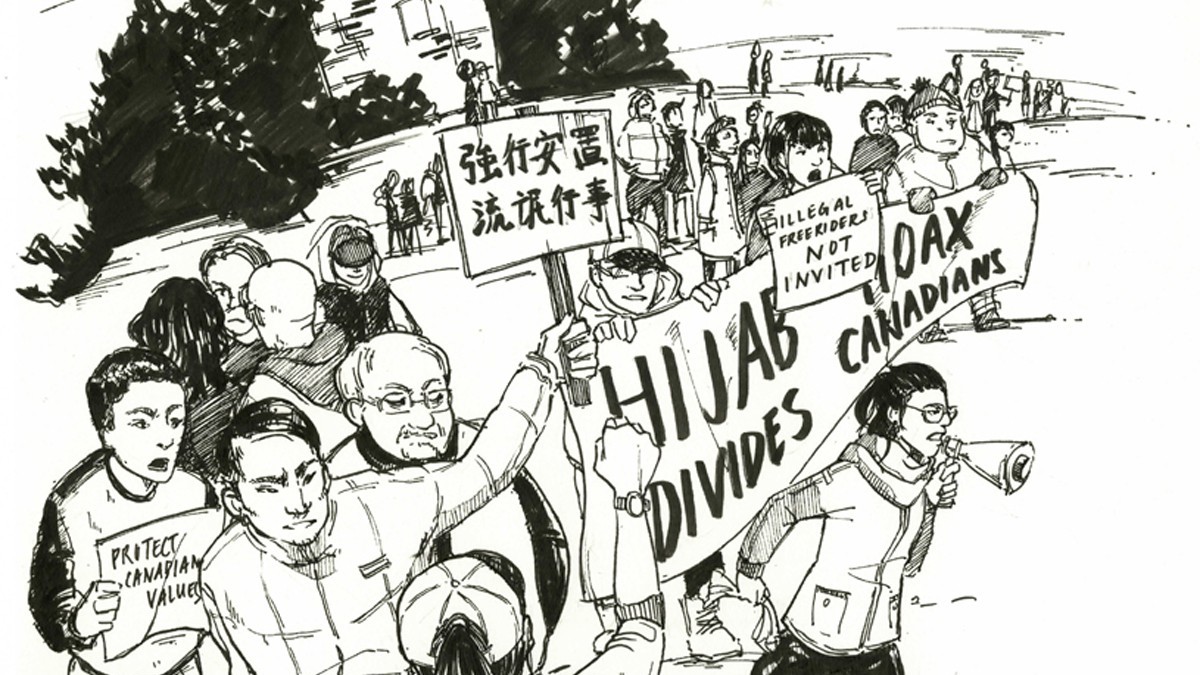Published in Briarpatch Magazine
https://briarpatchmagazine.com/articles/view/organizing-the-suburbs
During the 2018 Ontario elections, a campaign pamphlet for Progressive Conservative (PC) candidate Raymond Cho was distributed with the words “為人民服務” – “Serve the People” – in bold. The phrase is one of the most iconic Maoist slogans – but in this case, it was used as a crude translation of Doug Ford’s slogan, “For the People.”
While the NDP won the majority of downtown Toronto ridings, they were locked out of the suburbs, where the PC Party rode to a decisive victory across the commuter belt of Mississauga, Markham, Etobicoke, and – to a lesser extent – Scarborough.
For some this was unexpected: suburban working-class and immigrant communities might have been expected to side with the Liberals or NDP, more so than the generally whiter and wealthier downtown communities. After all, left-leaning parties are supposed to be the champions of the poor and racialized. For others, election results confirmed a growing belief that Canada’s new wave of immigrants is both socially and fiscally conservative, innately.
We reject these two presumptions. Instead, we draw on the case of Chinese suburbanites in Scarborough and York Region to argue that the electoral success of the right is the result of decades of disengagement by the left and sophisticated politicking by right-wing politicians.

